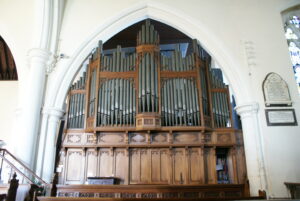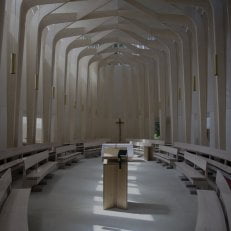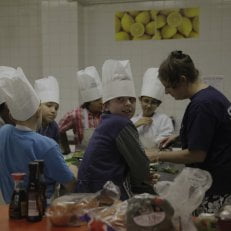What is the secret to writing a successful NLHF bid?
For Day 4 of #CraigmyleNLHFweek, we explore what makes a successful NLHF application, drawing on experience and tips from the Craigmyle team. Applying to the NLHF is an intensive and often lengthy process. With fierce competition for lottery funding, it makes sense to maximise your chance of success. Here are our top 10 tips for NLHF success:
- Tell your story well. A good story with no pretence and a clear vision is impactful. What is the golden thread throughout your bid?
- Read the questions and guidance carefully and early on – review the application guidance and associated ancillary help notes and then answer the questions directly and precisely. Do this as early as possible because you can then discover which questions that are difficult to answer or for which you initially feel you don’t have a lot to say. You can then take time to gather information or even adjust/strengthen your project in certain areas in order to be able to answer these questions sufficiently.
- Equip your bid with a clear plan to show how you will achieve the changes you want. Make sure that the NLHF clearly understand how you foresee the project’s success. In other words, you also need to emphasise how funding your project could also help deliver their objectives (four investment principles).
- Make sure that your project brings people together and closer to heritage. It is not enough to simply preserve heritage (whether buildings or natural habitats), NLHF’s priority is to focus on projects enable people to access and participate in heritage and also strengthen people’s relationships, especially those across communities.
- Don’t underestimate the importance of the question about environmental impact, or organisational sustainability. Both of these require careful consideration from the start and a structured approach. Think about where you are now, what changes will occur during and after the project and – when it comes to the environment – how to mitigate negative impacts, what will be the positive outcomes and what options have been looked at to maximise benefits. Investing time and thought in this will benefit your approaches to other funders as well, and can have good PR spin-offs.
- Get to know and seek advice from the Fund. NLHF is divided into regions. Each region has a team you can contact and seminars you can attend. Getting guidance from early on and as you write your application is crucial. Your Lottery officer will be able to talk you through how best to present your project, and issues of timing (what other projects will be considered at the meeting).
- Reference the compelling information you should have gathered in project development, including statistics on local need and examples of your track record, of community engagement, of local support of the project etc.
- The Heritage Fund also love to support efforts in their earliest stage possible. You may want to apply for support in phases, with a smaller grant that helps you establish momentum towards your overall plan.
- Consider how you will raise the partnership funding that will be required. Whatever size your project, NLHF want to see good value for their grants, so ideally plan to raise more than the minimum requirement (5% under £1m and 10% over £1m). Assess who else you will be able to approach for support. Put in place the necessary resources. Leave enough time and coordinate with NLHF deadlines.
- Last minute checks – agree a clear sign off process that includes proof reading, triple checking the form, budget and all the supporting documentation and a careful read through by a trusted external eye.
So those are our top 10 tips for NLHF success – we hope you find them useful. If you have any top tips of your own, let us know.

*
CraigmyleNLHFweek
Day 1 https://www.craigmyle.org.uk/tips-and-blogs/the-evolving-role-of-national-heritage-lottery-fund/
Day 2 https://www.craigmyle.org.uk/tips-and-blogs/things-to-consider-before-an-nhlf-application/





